
Building the Zion Classroom: Prophecy and Pedagogy
Through a union of divine guidance and modern instructional methods, educators are unlocking new and innovative educational approaches.

Through a union of divine guidance and modern instructional methods, educators are unlocking new and innovative educational approaches.
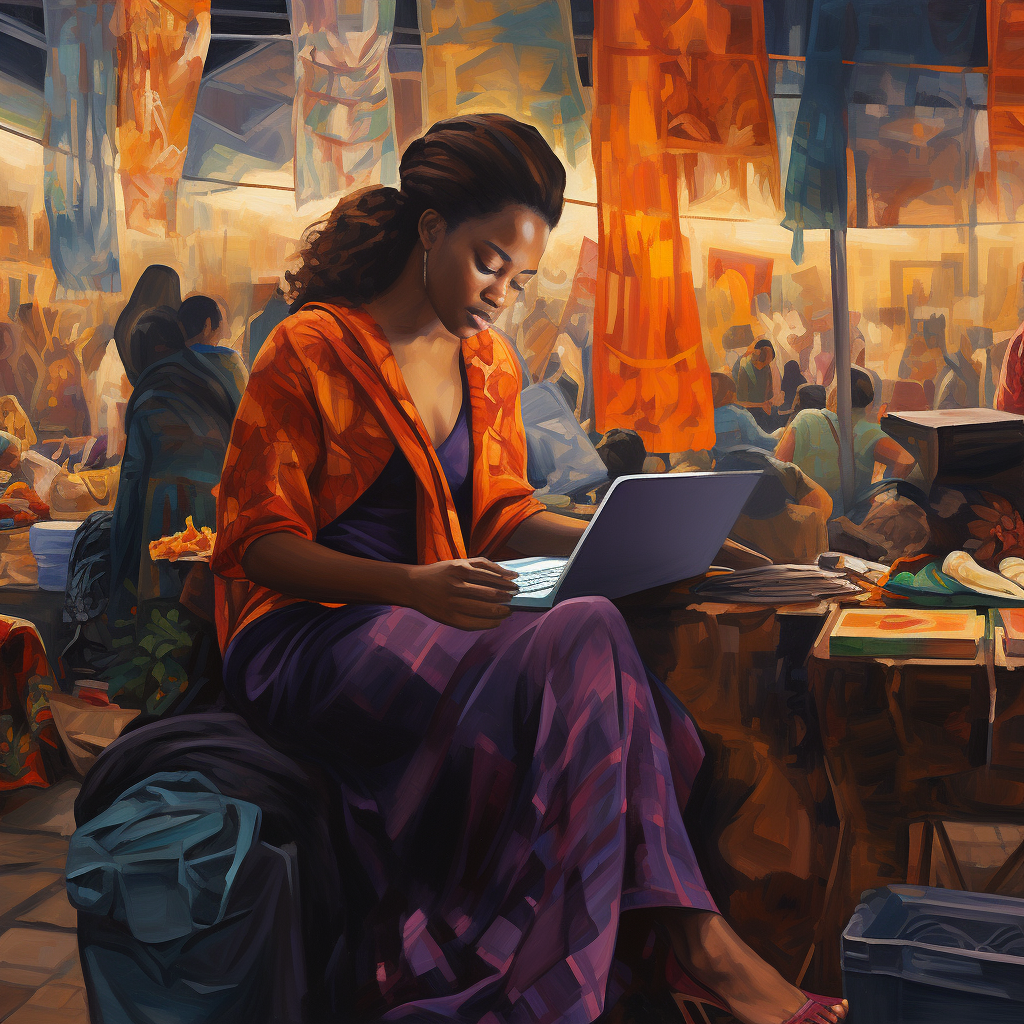
When faith meets global education, what emerges? BYU-Pathway Worldwide showcases a mission-driven approach, redefining modern pedagogy and making learning a spiritual journey.
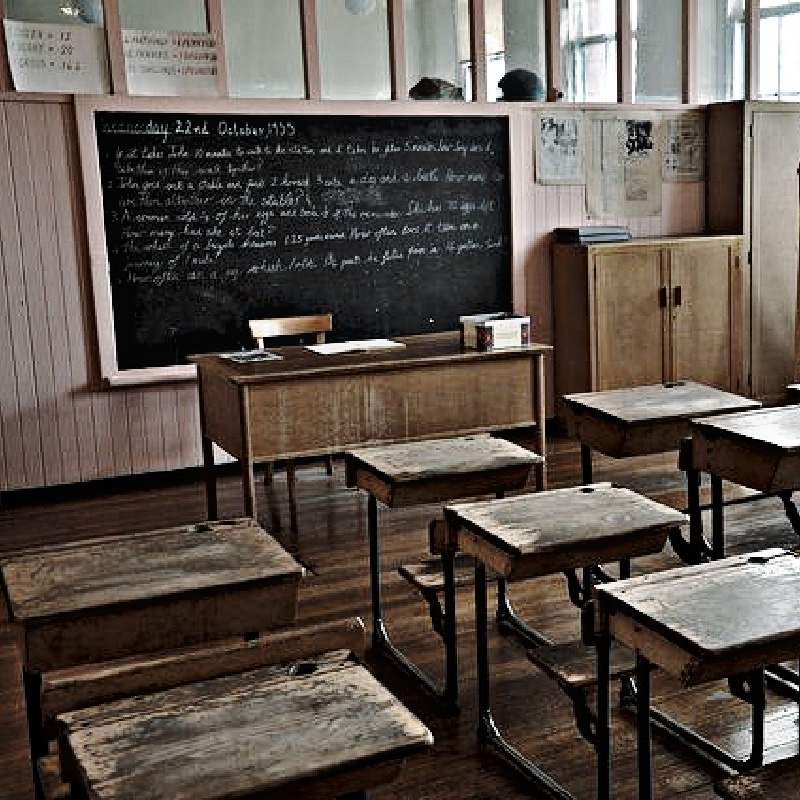
How would it change academic disciplines to draw upon gospel teachings as foundational? Professors at Brigham Young University would like to find out.
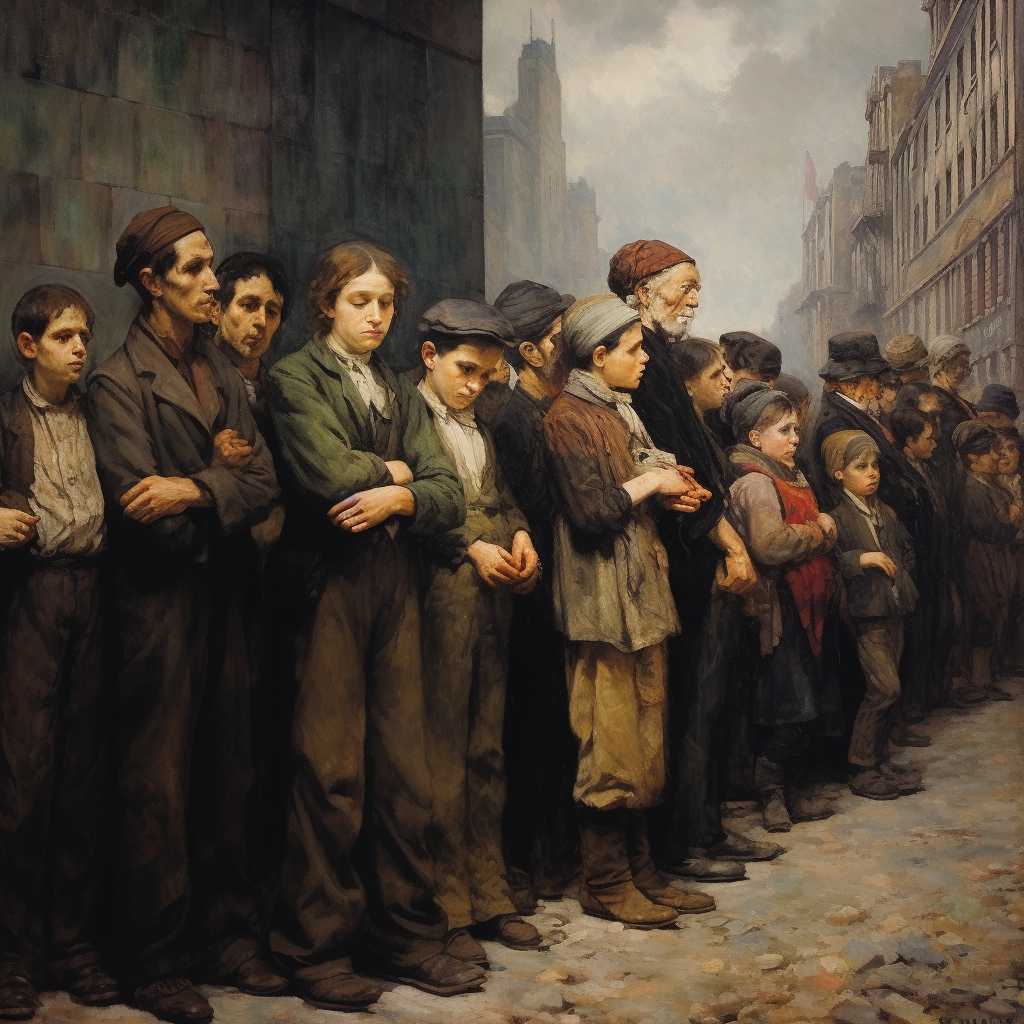
What keeps poverty persistent despite government aid? Looking under our welfare myths, we find inefficiencies in welfare programs, challenges faced by the poor, and poorly placed welfare distribution.
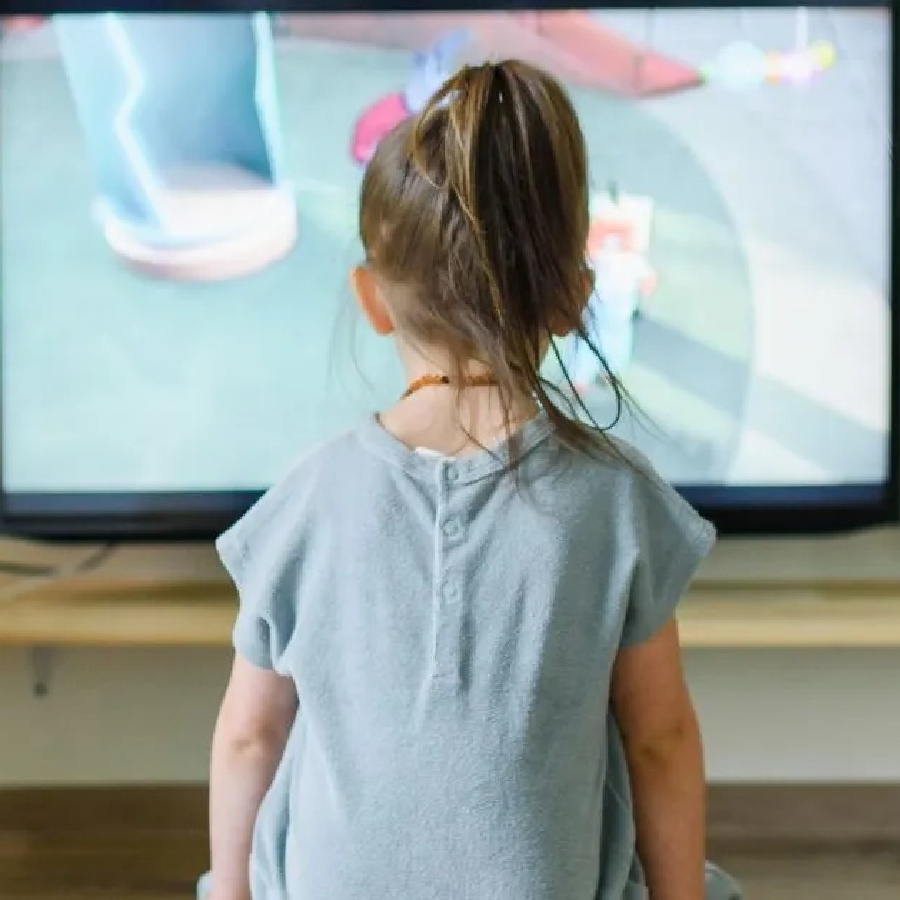
What is the effect of media violence on children’s mental health? Do today’s current TV and movie ratings help protect children from what research says is a problem, or does it just protect parents’ sensibilities?
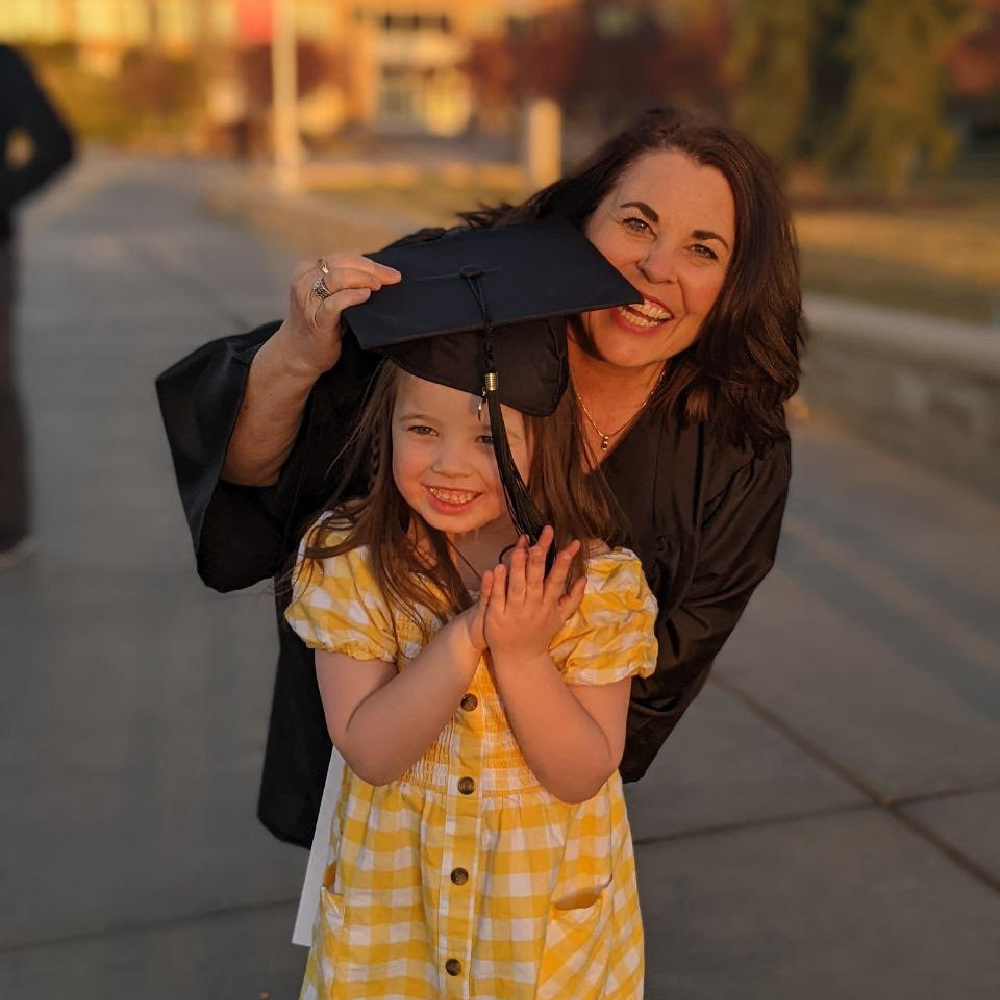
Are women of faith included in the celebration of Women’s Month? We should be. BYU-Pathway Worldwide continues a long tradition of helping educate women of faith.

A sense of belonging can make a real difference in your education. But you have a lot more control over whether you feel you belong than you think.
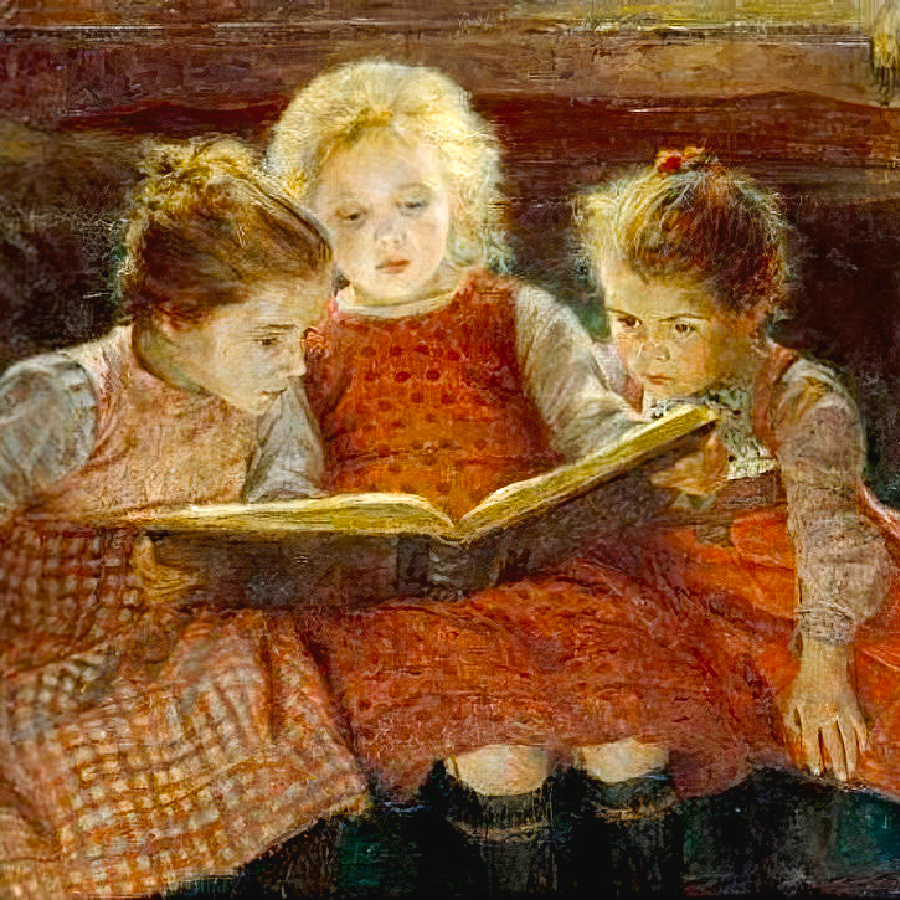
Many parents have sincere concerns about sexually explicit and violent books in schools. A new open letter disregards these, perpetuating a dishonest narrative accusing these parents of being motivated by hatred and fear of minority groups.
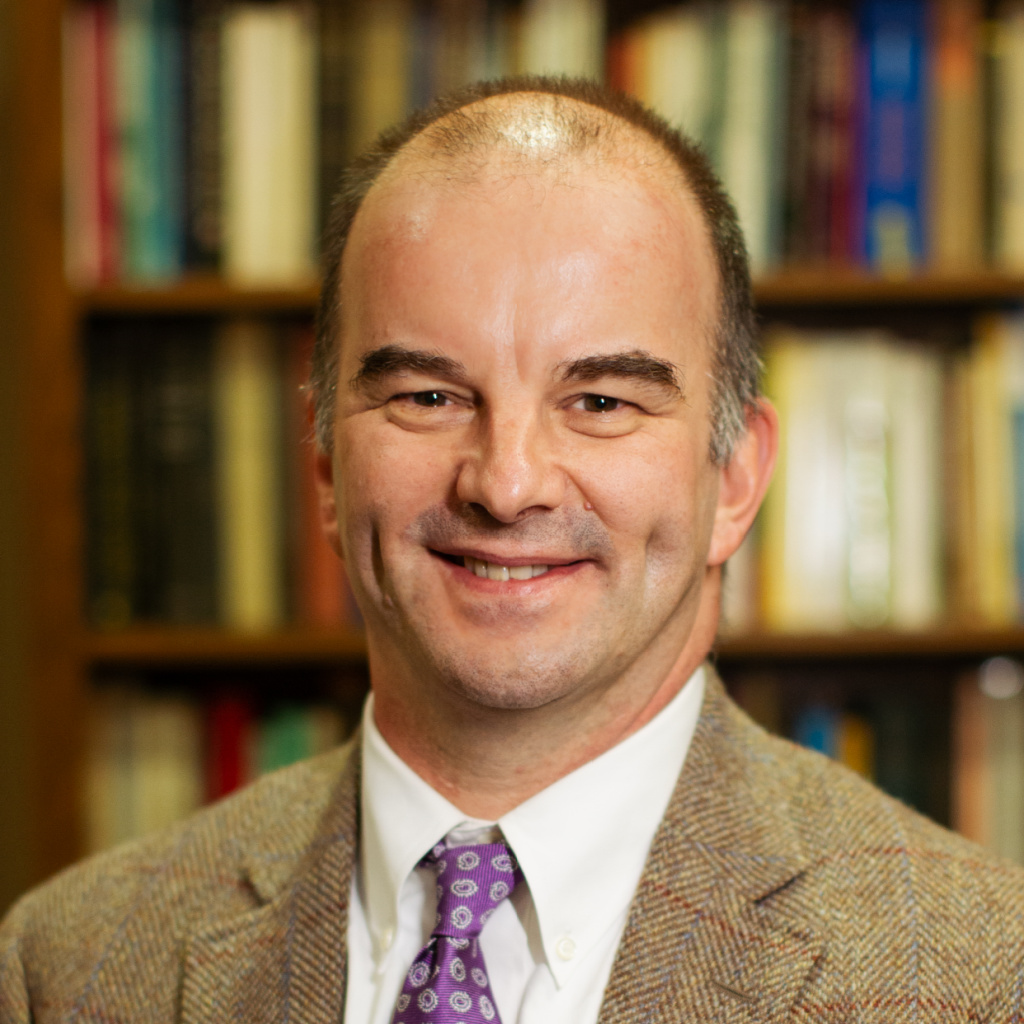
Latter-day Saint scholar Jeffrey Thayne interviews the noted theologian Carl Trueman about the “Strange New World” Christians are now living in.
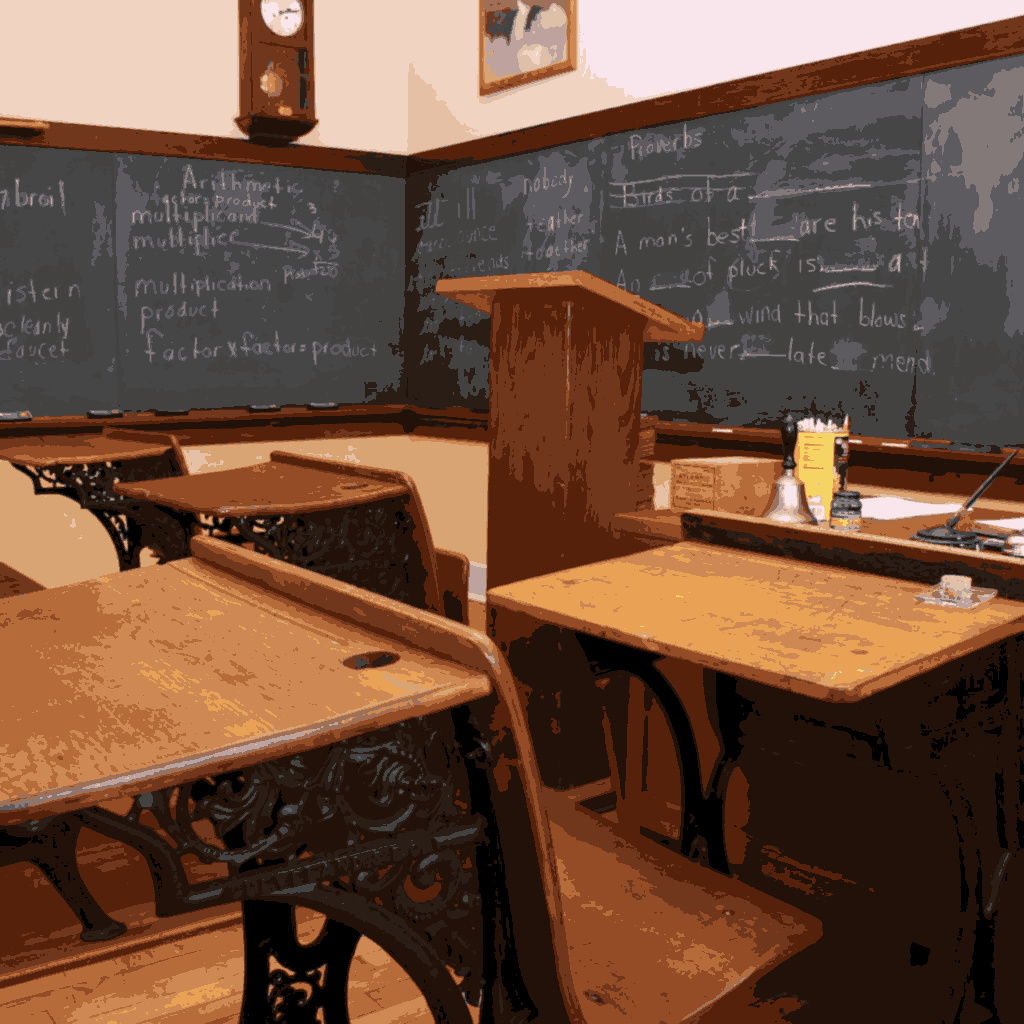
It’s a good thing to aspire for truth and “correct” thinking. But when the immediate aim of education is to ensure students think in the right way, it’s far too easy to begin infringing on the democratic ideals that make true education joyful and life-changing.
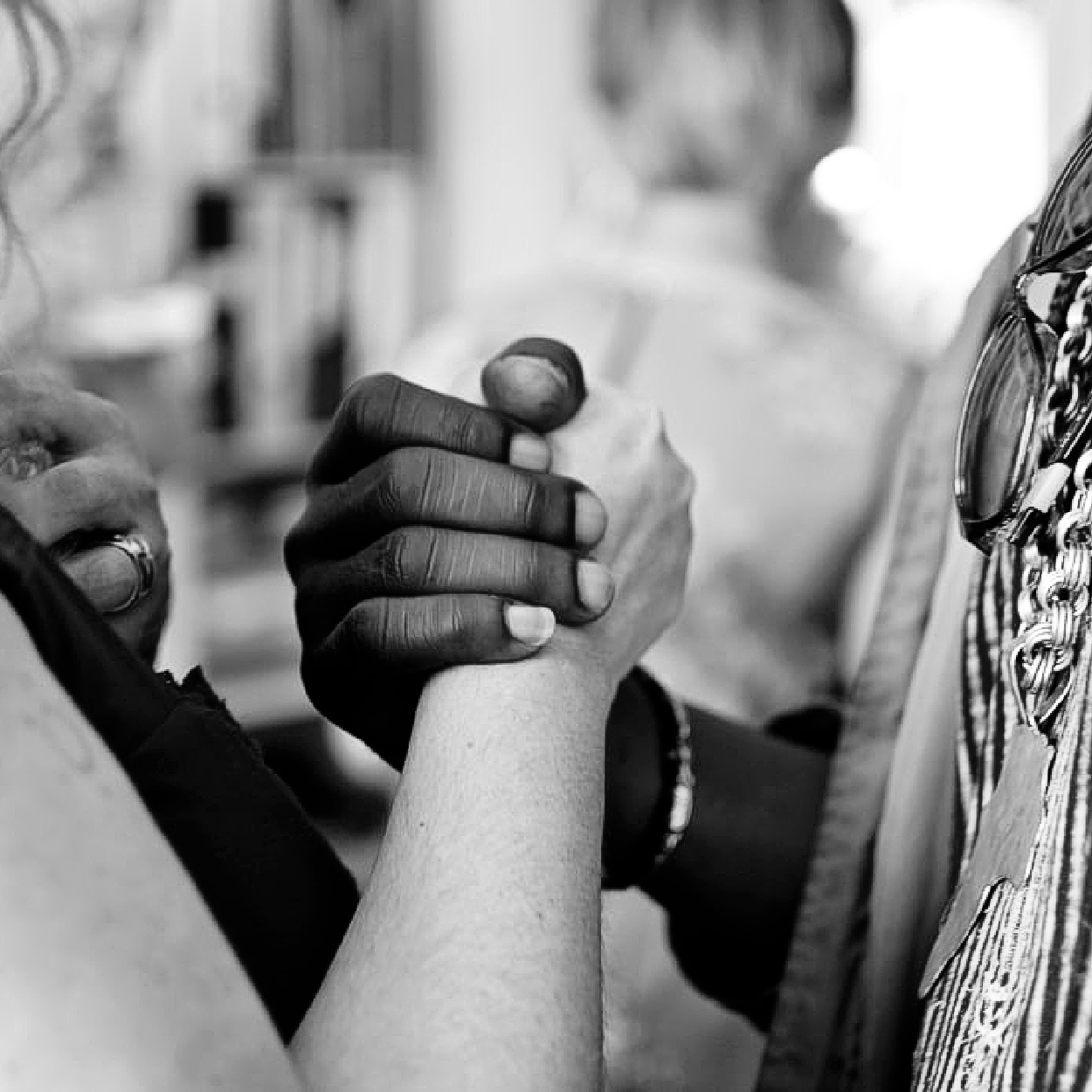
As CRT has come into academic vogue, it’s found its way more and more onto the campus at Brigham Young University. Should that be something we celebrate or oppose?
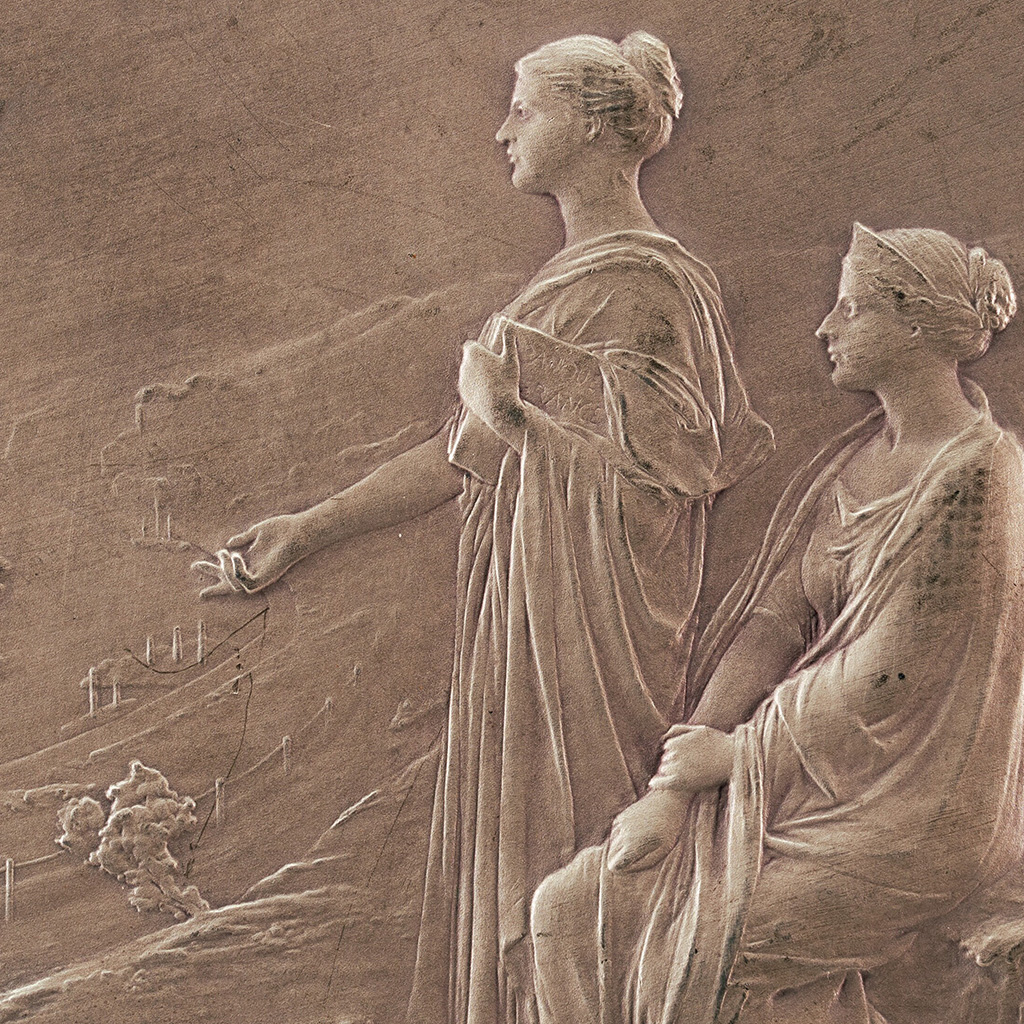
The question of trust is front and center in crises in America today. Some declare a need to “trust more”—while others insist on less and a need for more scrutiny and critique. What if they are both right?